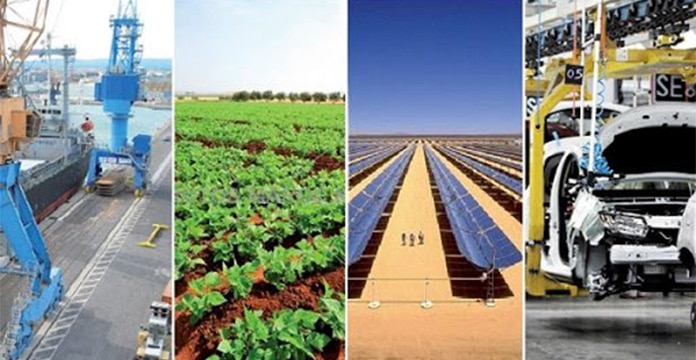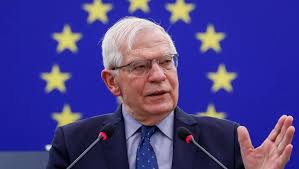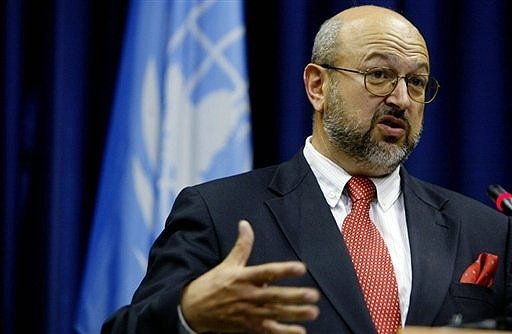Morocco’s economic growth is expected to grow 3.1% in 2023 thanks to a rebound of the primary sector, says the World Bank’s in its latest report “Responding to Supply Shocks”.
After a strong post-COVID-19 rebound last year, Morocco’s economy came under mounting pressure from overlapping supply shocks: a severe drought and a surge in commodity prices that have fed inflation, adds the WB report.
The country’s real GDP growth dropped from 7.9% in 2021 to an estimated 1.2% in 2022, while the current account deficit increased from 2.3% to 4.1% of GDP, explains the document.
The war in Ukraine, combined with the reordering of global supply chains, triggered, as in much of the world, a surge in prices, with Moroccan annual inflation peaking at 8.3% towards the end of 2022.
To soften the impact of food and energy prices on households, Morocco adopted a policy package that included general subsidies on staples and maintained pre-existing regulated prices, says the WB analysis.
This approach stabilized the prices of goods and services that absorb almost one-quarter of the average household´s expenditures, avoiding what could have been a higher increase in poverty. It required the mobilization of additional public spending amounting to almost 2% of GDP.
Morocco’s planned major social safety net reform will allow for an effective targeting of subsidies to support the poor and vulnerable, underlines the WB.
“Recent measures to counter supply shocks and preserve the purchasing power of Moroccan households have cushioned the impact to a significant extent and prevented more people from falling into poverty,” said Jesko Hentschel, WB Maghreb Country Director.
“The planned roll-out of the family allowance system will allow Morocco to effectively target the vulnerable population in a cost-effective and equitable manner to address price hikes of this magnitude”, affirmed the World bank official.



